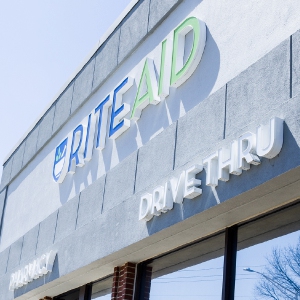‘A question of fairness’: Lawmakers still weighing returning benefits to foster kids, looking to fold into state budget
| Published: 03-18-2025 5:01 PM |
Mary Jane Wallner knows that every dollar counts for kids in foster care.
She’s still waiting to see if other lawmakers agree that some of New Hampshire’s most vulnerable kids should be entitled to receive disability benefits or if the state should continue to pocket their money.
Wallner, a Concord Democrat, introduced a bill to return benefits directly to children once they turned 18. This week, members of the House Finance Division III committee voted to retain the bill, holding on to it for a bit longer while debating how to fold it into state budget proposals.
Lawmakers can agree these kids are most in need. How to pay them without hurting state revenue and ensuring fairness is where lines blur.
Currently, New Hampshire retains Social Security benefits for kids who qualify either by nature of their own disability, a parent’s disability or because their parents are deceased.
The state justifies keeping this money, just over $2 million in revenue, as a means to pay for their care.
But children who were previously in foster care, like Concord high school junior Dawson Hayes, said he could have better spent his money himself.
Hayes, who was in foster care for three years before his parents adopted him, was entitled to just over $16,000 in Social Security payments. He would have liked to invest it into a high-yield savings account, with hopes of buying a duplex one day.
Article continues after...
Yesterday's Most Read Articles
Instead, he never saw a check and felt responsible for footing the bill for his own care, unlike other foster care kids.
Therein lies an inherent question for Rep. Jess Edwards, an Auburn Republican and committee chair: Why does the state pay in full for kids who are in foster care and are not eligible for benefits, while asking those who are eligible to contribute?
“I think there’s a question of fairness here. Should we be asking one group to pay because they have the ability to pay?” he asked. “Versus a group of people who are more needy and they need the assistance.”
If the state were to change course and return the benefits directly to each kid, New Hampshire would need to make up the loss of revenue with general fund dollars, according to Nathan White, the chief financial officer for the state Department of Health and Human Services.
Last year, Wallner introduced a similar bill which was killed in committee and referred to a consultant to produce a policy report on how to return the funds and what costs would be incurred by the state.
A small sliver of foster care kids are eligible for these benefits — roughly 250 out of 1,500.
The report spotlighted Arizona and Massachusetts — two states that recently implemented similar policy — and estimated that the state would lose $6.1 million in revenue over the next two years if they followed through on Wallner’s suggestion.
At $6.5 billion, the total Department of Health and Human Services budget is the largest in the state. Members of House Finance Division III, which oversees the health budget requests, will reconsider the proposal in the next two weeks when they finalize budget recommendations.







 Cause of Hopkinton brush fire still under investigation
Cause of Hopkinton brush fire still under investigation Granite Geek: A contrary Earth Day thought – we shouldn’t pick up litter
Granite Geek: A contrary Earth Day thought – we shouldn’t pick up litter Weekend clean-up was part of Earth Day celebrations
Weekend clean-up was part of Earth Day celebrations McKee Square Rite Aid sold, staying put
McKee Square Rite Aid sold, staying put
